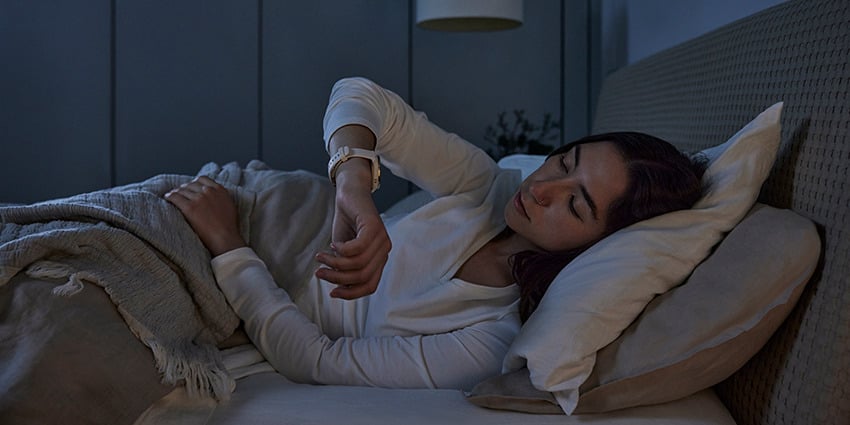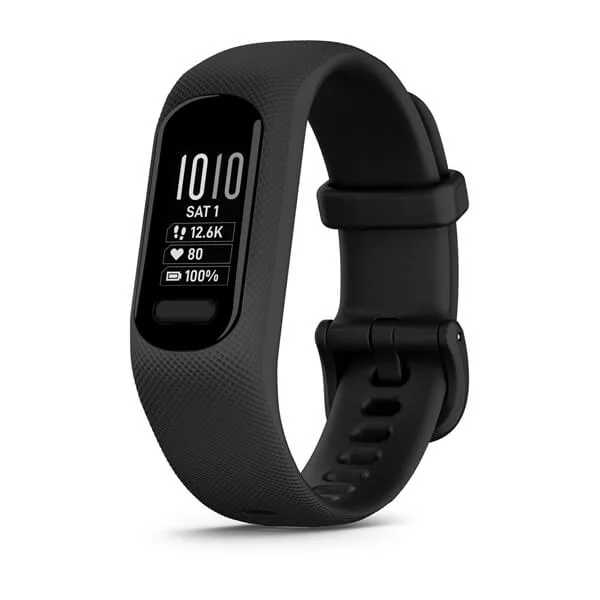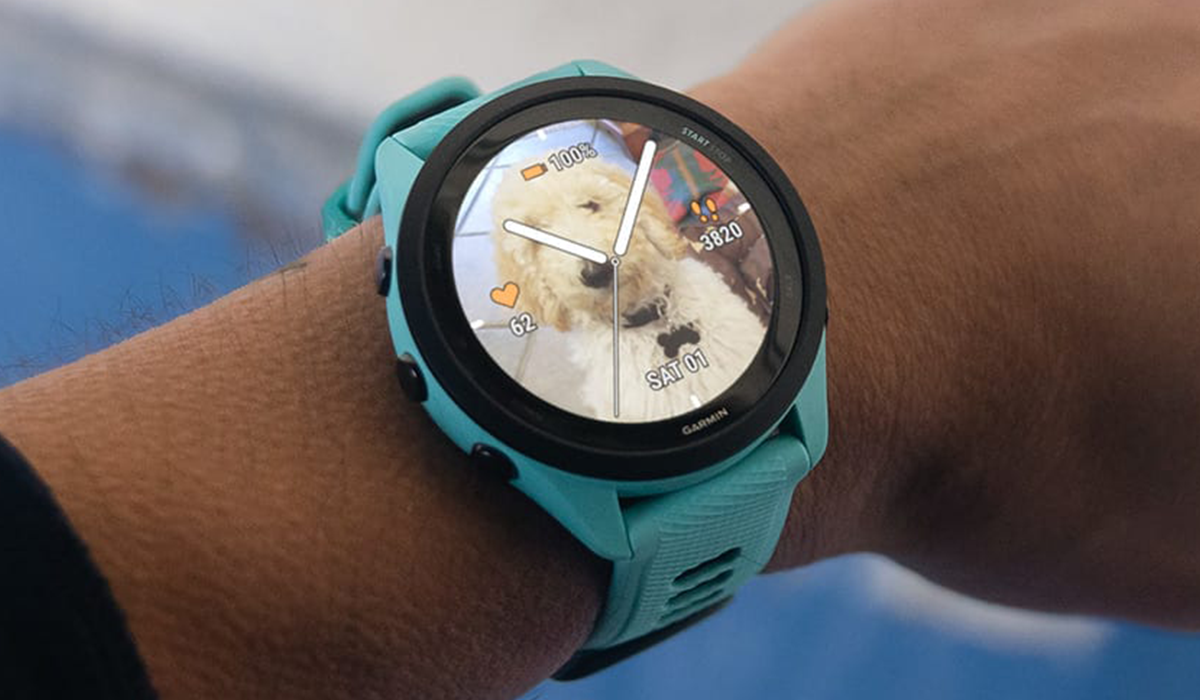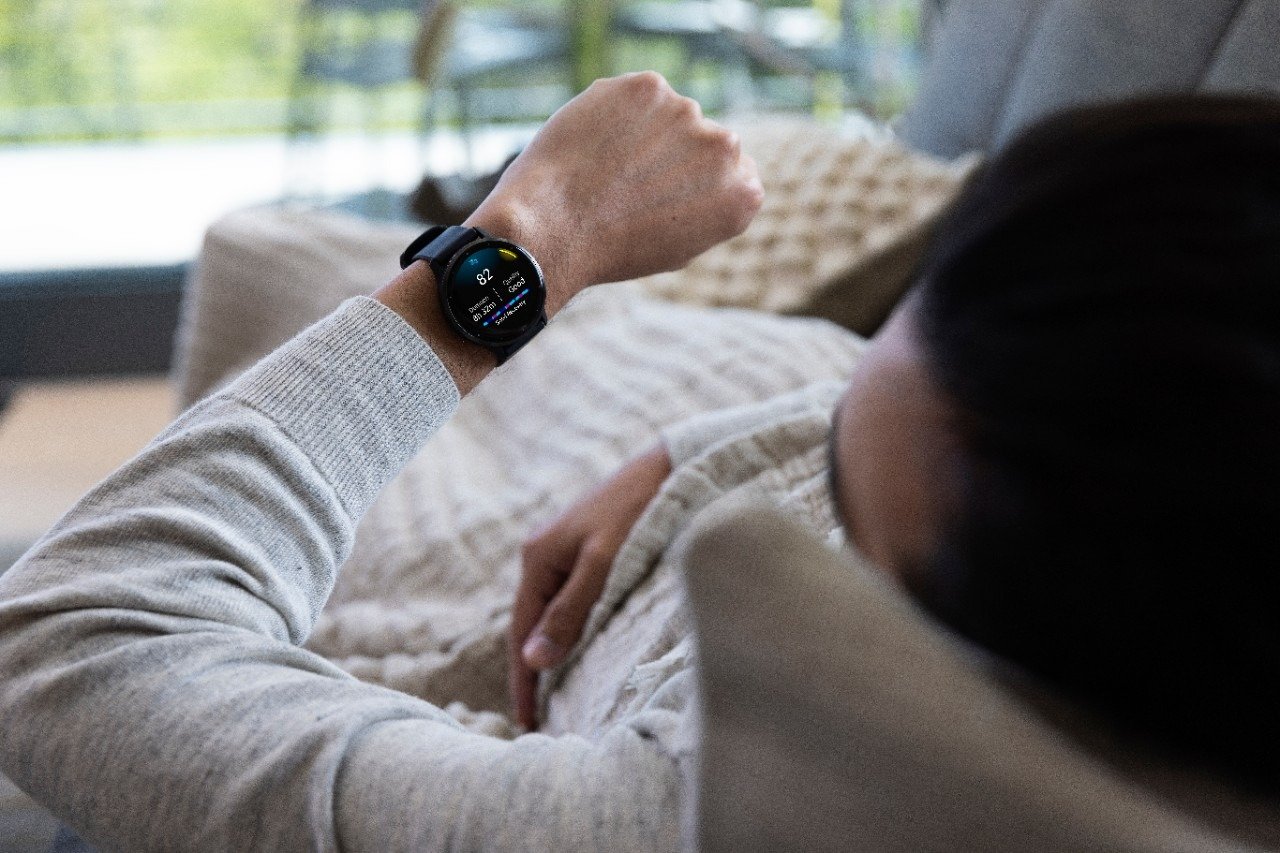
Garmin Fitness Trackers Help Researchers Understand Sleep Issues for Rare Disease Patients
In a new study, health technology company Aparito investigated the use of Garmin fitness trackers to assess sleep quality¹ in individuals affected by adult-onset idiopathic isolated focal cervical dystonia (AOIFCD). AOIFCD is a neurological disorder characterised by involuntary neck spasms that can significantly impact sleep. With sleep-related challenges reported by up to 70% of AOIFCD patients, this study aimed to provide a more accessible alternative to smaller polysomnography studies. By evaluating sleep architecture, researchers sought to gain valuable insights into the sleep patterns of AOIFCD patients using widely available fitness trackers.
Participants in the study used Garmin vívosmart® 4 fitness trackers, and their data seamlessly uploaded to Atom5™, Aparito’s app, via the Garmin Health SDK. This allowed raw data to be collected remotely, reducing the time and costs involved for participants and clinicians when compared with an in-clinic study.
Connecting Patients and Analysts Through Garmin
The study involved two cohorts of participants: one group with diagnosed AOIFCD and one age and sex-matched, unaffected control group. Participants of the study wore a Garmin vívosmart® 4 fitness tracker continuously over 7 days to record sleep tracking metrics; in particular, total sleep time and time spent in non-REM sleep. Accelerometer and heart rate data1 were recorded via the fitness tracker and sent to the Oxygen by Aparito app. Integration of the Garmin Health SDK within the app’s platform connected the vívosmart® 4 directly to the app and allowed for raw data collection on accelerometry. This was used to identify daytime sleepiness and enabled health metrics to be captured by the fitness tracker and subsequently processed within the platform, allowing analysts to compare the crucial raw data. Data could then be compared between the two cohorts to identify any differences in sleep quality, supported by patient reported outcomes (PROs) submitted through the app.
Results from the study have emphasised the need for clinicians to screen for sleep disturbances as part of routine clinical assessments, particularly because sleep monitoring may be important for prevention and management of non-motor symptoms. The study found that regular fitness trackers could be useful for estimating sleep patterns in patients with dystonia. They confirmed with objective measures (previously it was done subjectively by asking them how they had slept) that those with it had different sleep patterns compared to healthy individuals. People with AOIFCD slept longer and had more non-REM sleep. The study suggests that these sleep changes might be connected to problems in specific brain circuits and serotonin activity, which could be related to both movement and sleep issues in dystonia. This was the first study demonstrating this effect with objective consumer wearables in a clinical setting.
Adapting Garmin Devices for Further Studies
Aparito has a number of upcoming projects utilising Garmin fitness trackers and metrics. The ability to specially configure Garmin devices to the different requirements of each study was key for Aparito in their choice of collaborator. Integration of the Garmin Health SDK enables the Atom5™ platform to do just this, allowing Aparito to customise which health metrics are to be captured to achieve the most insightful and accurate results.
Aparito will lead a fireside chat at the Garmin Health Summit 2023, which is taking place in Singapore between 9-10 November and can be attended virtually too.
To learn more about Aparito projects with Garmin, read the story about remote patient monitoring and oncology clinical trial opportunities here. Or check out all studies, including Garmin devices on our Garmin Health Third-party Studies Overview page.
1Garmin smartwatches are not designed or intended to monitor or diagnose diseases or any medical conditions. Find information on metric accuracy here.





